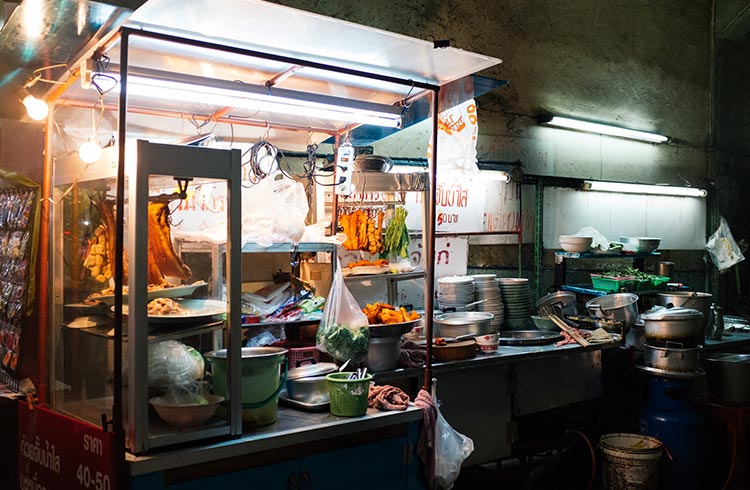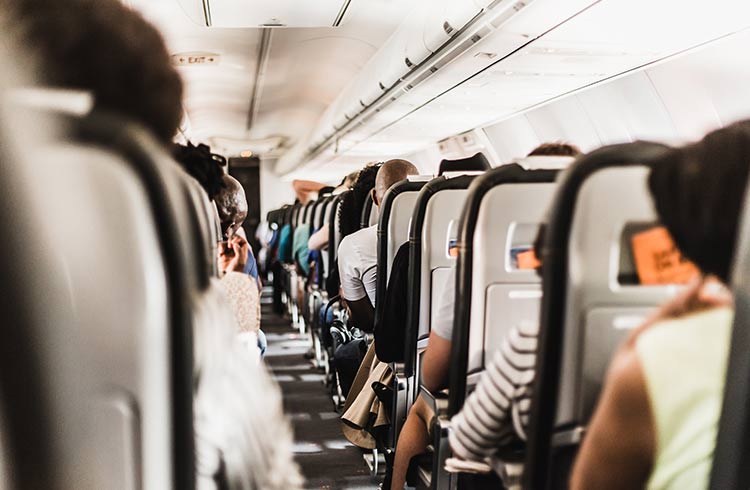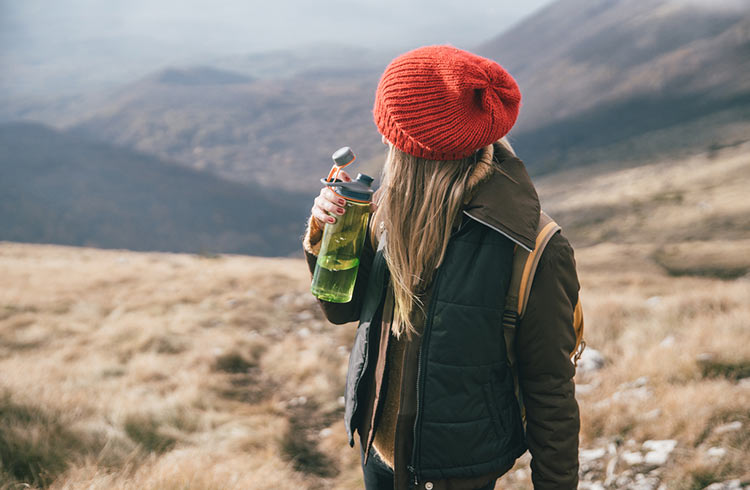How to Avoid Getting Sick When You Travel: Expert Tips
We asked the most experienced backpacker in the world, Nomadic Matt, to explain how he avoids falling ill while traveling.
 Photo © Getty Images/Pink Pixel Photography
Photo © Getty Images/Pink Pixel Photography
Is there anything worse than being ill far away from home? Looking after your health is just as important as your personal safety. But, how do you stay healthy on the road?
Matthew Kepnes, Nomadic Matt, has been traveling around the world since 2006, and apart from the occasional lapse, he keeps on traveling safely, so we invited him to share the secret of his health success with us.
Nomadic Matt’s top 5 health tips
If you travel long enough, you will eventually get sick. It's one of the worst possible things that could happen on your trip. It's not only physically draining but you feel down because you are in a beautiful new city and you're stuck in bed.
Luckily, over my years of traveling, I've only been sick a few times. I spent my week in Madrid in bed with the flu. I missed Christmas in Australia because of a fever. I spent a few days in the bathroom because of bad food.
But in my experience, if you practice basic health and sanitation common sense, you'll avoid getting sick.
So, some general health tips for the road that Mom would be proud of you for following:
- Wash your hands: dirt and grime are everywhere. No washbasin available – carry a little bottle of hand sanitizer. Either of these simple things will help cut down the amount of time you are sick.
- Take your vitamins: most travelers don't get enough sleep, they eat poorly, and they drink a lot. Not the best recipe for a healthy body. Taking a few vitamins can help keep your body healthy and your energy levels up.
- Wash before you cook: there are a lot of pots and pans in hostel kitchens for you to use. However, most travelers aren't thorough when washing dishes. Give them a good rinse before you start using them.
- Skip the empty stalls: some of the best food is found on the street stalls of the world. Yet it is also really easy to get sick from eating at these places. If you find that they are empty, despite the ones nearby being full, skip them. If the locals aren't eating there, there is probably a very good reason why.
- Get the food cooked for longer: your stomach might not be up to the task of handling foreign bacteria. Make sure you get your food a bit extra well done to be on the safe side. When getting meats from street vendors, I have them leave the food on the grill for an extra minute or two, just to be safe.
Consult your doctor
Make sure you check with your local doctor for any vaccinations you may need. Typhoid, hepatitis, and tetanus are the basic shots to get and, if you are going to a malaria zone, make sure you get malaria pills. Traveling in Southeast Asia usually means you also will need a Japanese encephalitis shot. For more information, consult your doctor before you leave. They will have the most up-to-date information. In general, it's important to get all your shots and treatments before you go because you don't want to take any chances. Make sure you carry your vaccination book as some countries want to see it before you enter.
Restock your medications
In many parts of the world (Asia and Latin America, for example), it's very easy to resupply medications over the counter without a prescription needed. After a short visit to a pharmacy in Bangkok, I had all the emergency antibiotics and stomach tablets I needed without any prescriptions. So don't feel like you need to bring a portable pharmacy with you; if you are really stuck for something on the road, you should be able to find it.
Basic hygiene tips
Good basic hygiene (such as regular hand washing), a well-balanced diet, and common sense – such as avoiding sick people – will go a long way in ensuring you don't end up spending a week sick in a hostel or hotel room. You've spent so long thinking about this trip, so enjoy it all.


2 Comments
Great Article!! I enjoy reading it. People should be aware of their hygiene specially when they are travelling to third world countries. Health is at stake, Bed bug sprays also comes in handy, helps you get rid of little critters from the bed so they don't spread diseases. Consider taking paper toilet seat covers, most of the public restrooms don't have it.
I wouldn't take medical advice from an "experienced traveller" - I would take it from a health professional!
As a doc myself I would certainly not recommend buying your medications from an overseas pharmacy. The staff will likely not speak English so won't be able to explain how to take the medication properly to you, and often countries in Asia sell counterfeit or fake medications - not safe!